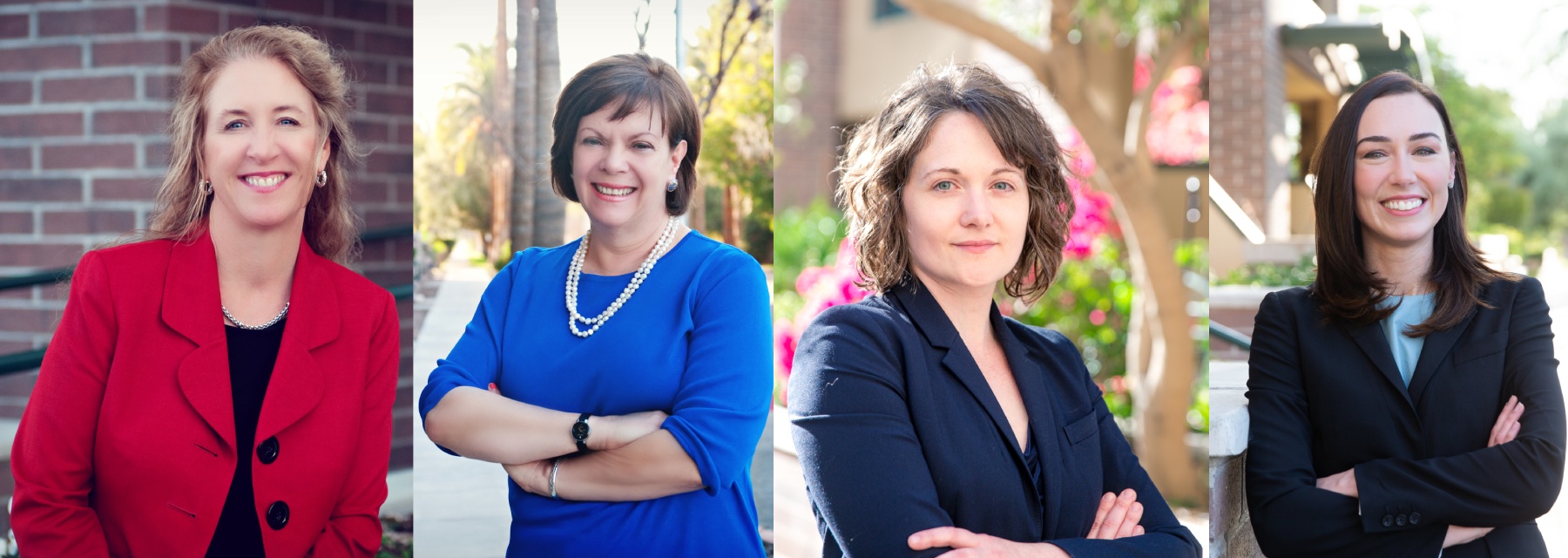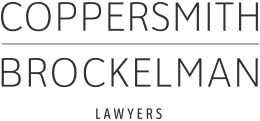Four Coppersmith Brockelman Attorneys Lead Sessions at Arizona Health Law Conference

The Arizona Society of Healthcare Attorneys (AzSHA) hosted its Arizona Health Law Conference & Annual Meeting on February 24, during which local and national health law leaders covered monumental changes to health care law and policy over the last year. Coppersmith Brockelman health law attorneys — Melissa (Mel) Soliz, AzSHA president; Karen Owens, AzSHA VP and Director of Programming; and Marki Stewart, AzSHA’s Board Member; as well as Kristen Rosati (former AHLA President) — showed their deep experience on the topics ranging from data privacy, interoperability, and reproductive health rights to health equity and peer review.
The event was a huge success among the Arizona health law community, as more than 140 attorneys, academics, compliance personnel and students were in attendance. Each Coppersmith attorney led their own sessions at the conference, where they shared the latest insights into health law, data privacy, interoperability, health equity, and reproductive law with event attendees.
The event kicked off with the Arizona Health Law Annual Review where Kristen—who is considered one of the nation’s leading “Big Data” and HIPAA compliance attorneys—and Karen—who represents health care providers in clinical operations matters—and other panelists covered recent health law developments. In particular, Kristen presented developments in health data law, while Karen reviewed changes to antitrust, peer review, medical malpractice, worker assault, telehealth, and reproductive health laws.
Health data privacy and interoperability was a hot topic at the conference. Mel—with co-speakers Cassie Weaver, ONC policy analyst, and Kellie Manders, Atlas Healthcare—broke down this complex topic for attendees. Mel brought her practical experience in implementing privacy and interoperability compliance programs to the forefront during this breakout session.
The topic of health disparity was also addressed during the conference with Marki sharing her insights as a panelist on the Health Equity Initiatives and the Lawyer’s Ethical Role breakout session. With a background in representing health care organizations in a variety of business and regulatory issues, she discussed health equity initiatives and strategies for addressing maternal mortality rates, while also shedding light on the lawyer’s ethical role in combating health inequity. Marki also weighed in on diverse aging populations, and digital health solutions in her presentation.
With reproductive health grabbing national headlines, Karen also led the conference’s The End of Roe: Understanding the Legal Implications for Patients and Providers breakout session. With substantial experience in clinical operations and provider-related litigation, Karen and her co-panelists explored the difficult questions posed by new reproductive laws.
